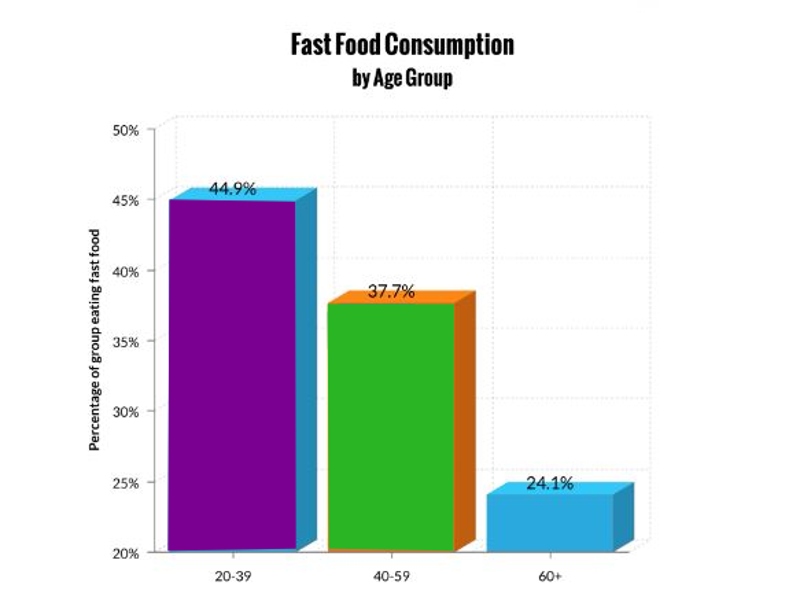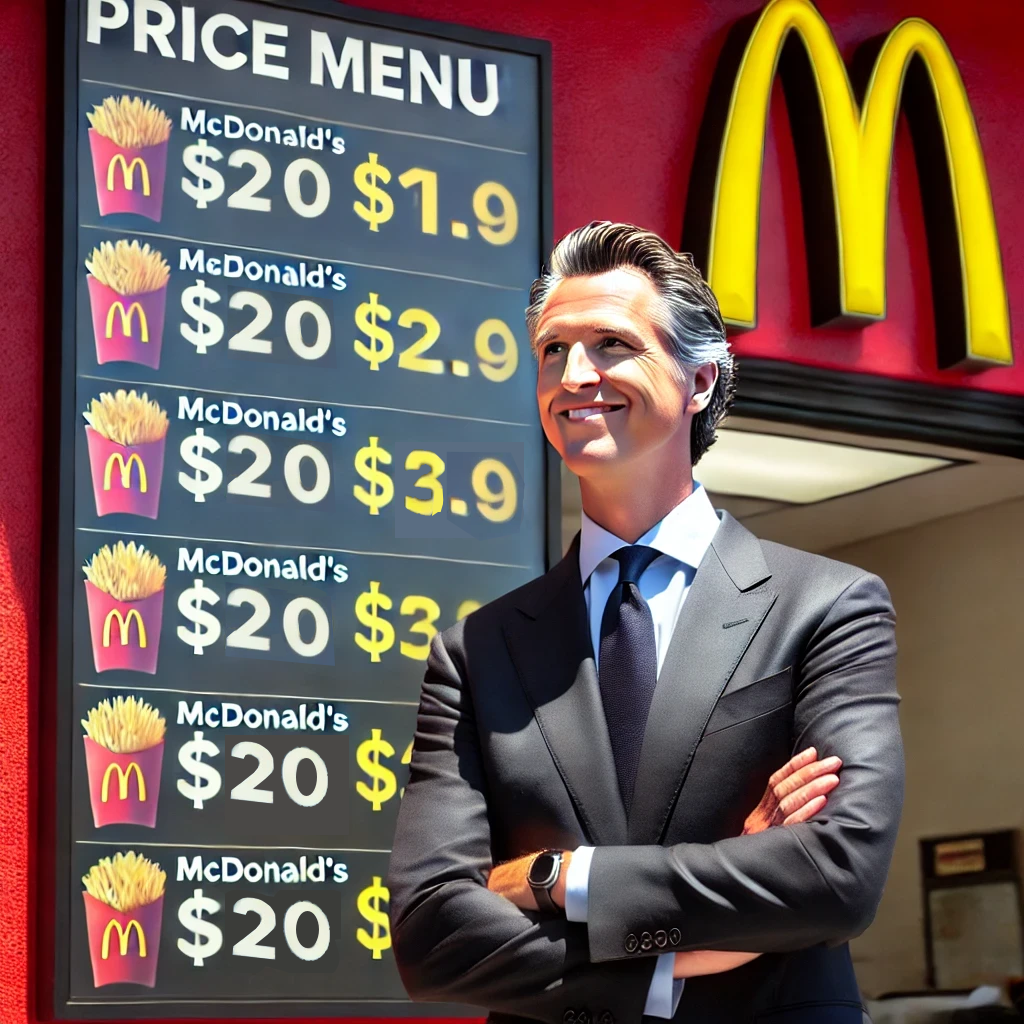Rising fast food prices, often viewed as a burden by consumers, may actually have a beneficial impact on public health and future healthcare costs, particularly in California. The recent increase in minimum wage in the state has pushed fast food prices higher, a trend that could have significant positive implications for Millennials and Generation X.

In California, the minimum wage increase has been a subject of much debate. Proponents argue that it improves the standard of living for low-income workers, while critics suggest it leads to higher prices for goods and services, including fast food. However, there is a growing perspective that this price hike might indirectly benefit public health. Higher prices for fast food could discourage frequent consumption, leading to a healthier diet among consumers.

Fast food is often associated with poor nutritional value and higher calorie intake, contributing to obesity and other health issues. By making fast food less affordable, consumers might opt for healthier, home-cooked meals.

This shift in dietary habits can lead to a reduction in obesity rates, a significant health concern in the United States. Millennials and Generation X, who are among the primary consumers of fast food, could particularly benefit from this change.

A reduction in fast food consumption can lead to a decrease in diet-related diseases such as diabetes, hypertension, and heart disease. These conditions are not only detrimental to individuals’ health but also impose a substantial financial burden on the healthcare system. By promoting healthier eating habits, higher fast food prices could contribute to lower healthcare costs in the long run.

The higher minimum wage in California provides low-income workers with more disposable income. While this might initially seem contradictory to the idea of discouraging fast food consumption, it can actually empower individuals to make better food choices. With more financial resources, consumers might be able to afford healthier food options that were previously out of reach.

The economic principle of elasticity of demand also plays a role. When the price of a product increases, demand typically decreases. In the case of fast food, this means fewer people are likely to purchase it as prices rise. This decrease in demand can lead to a healthier population overall, as people turn to more nutritious alternatives.

In addition to personal health benefits, there are broader societal advantages. A healthier population can result in increased productivity and reduced absenteeism in the workplace. This is particularly relevant for Millennials and Generation X, who are in their prime working years. Improved health can enhance their quality of life and economic contributions.

The reduction in healthcare costs associated with better diet and health outcomes can alleviate some of the financial pressures on public health systems. As healthcare costs continue to rise, any measure that can mitigate these expenses is beneficial for society as a whole.

While rising fast food prices due to minimum wage increases in California might seem challenging, they could lead to significant long-term benefits. For Millennials and Generation X, this trend promotes healthier eating habits, reduces the risk of chronic diseases, and potentially lowers future healthcare costs. Embracing these changes can lead to a healthier, more productive society.





